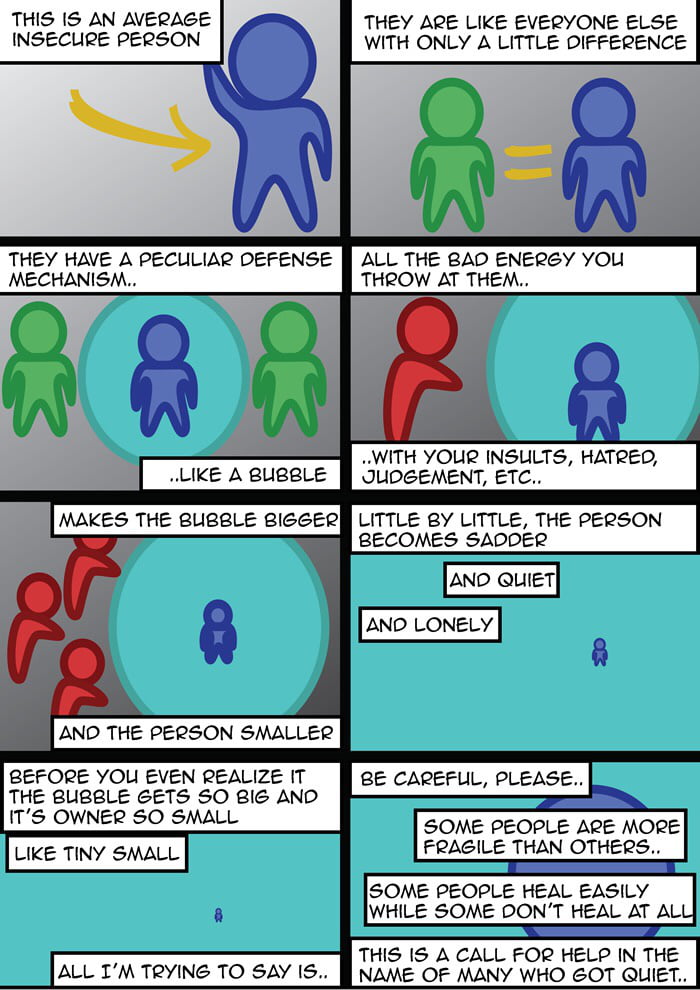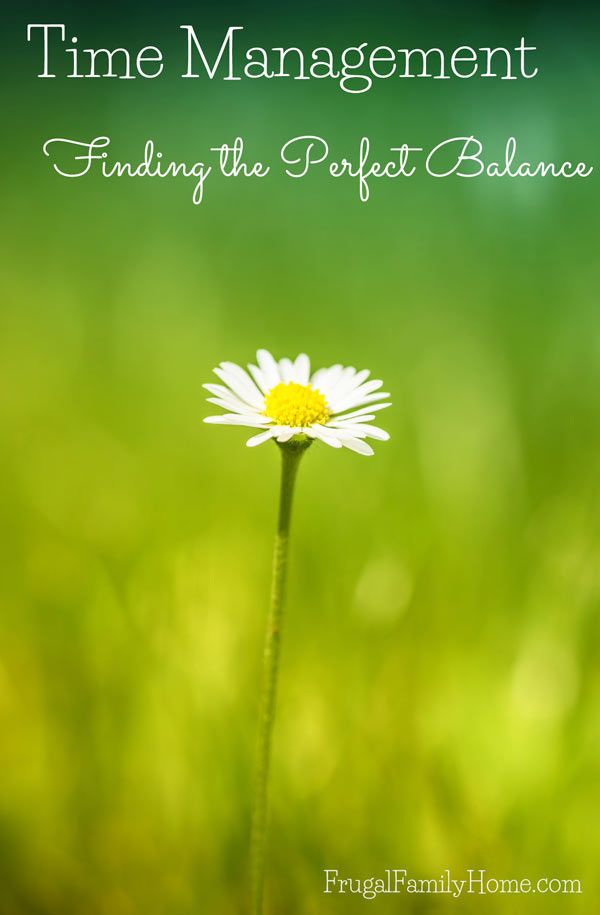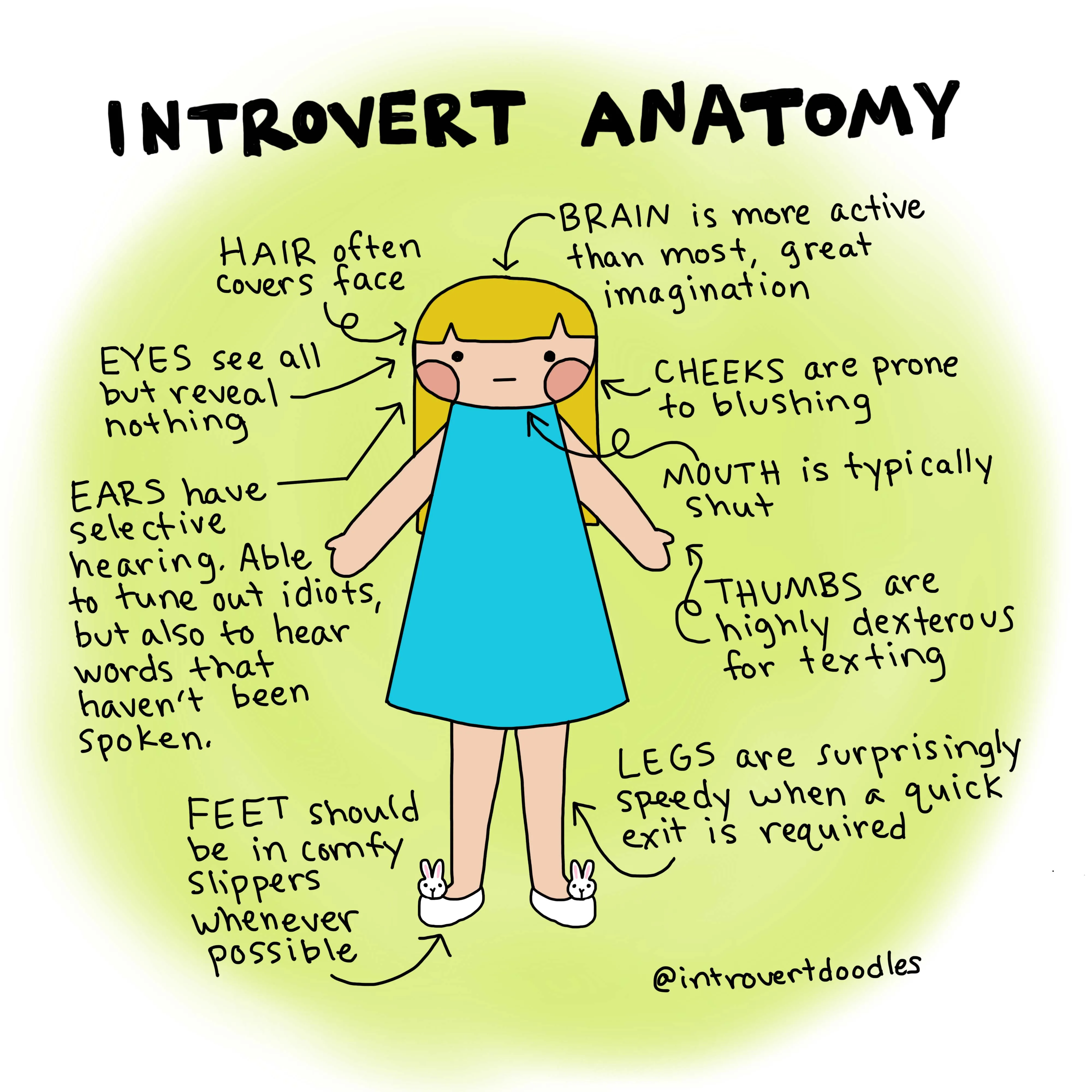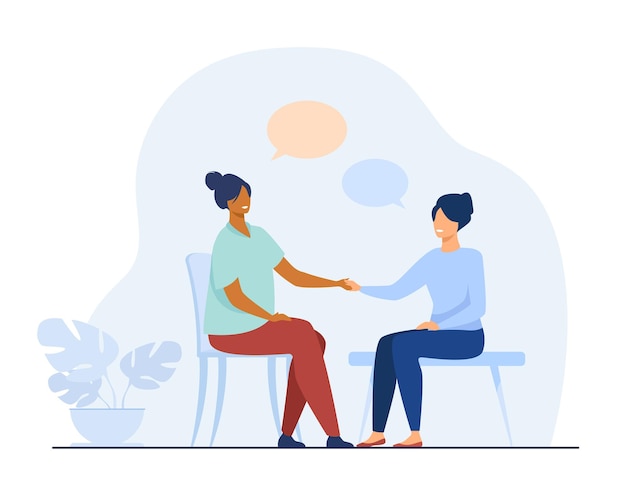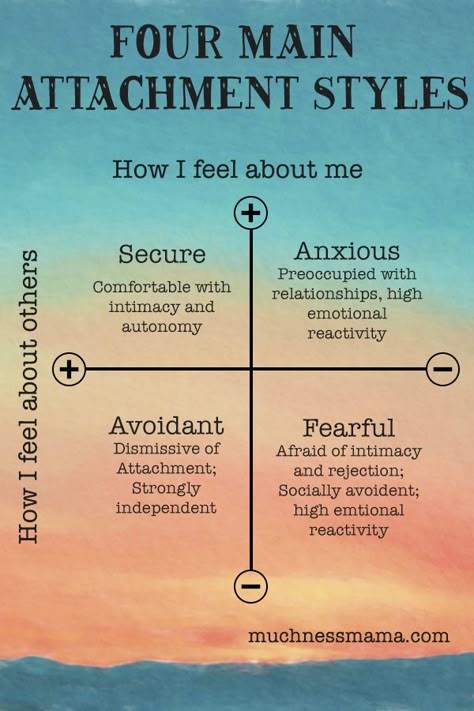Introvert and lonely
7 Ways to Fend Off Loneliness as an Introvert
For introverts, loneliness is not a need for people — it is a need for connection.
“I am lonely.”
Although everyone feels this emotion sometimes, openly admitting it can make us feel ashamed. In fact, society discourages us from talking about it, as it makes us feel as though something’s wrong with us. And, as a result, this can heighten our sense of isolation.
This past year was when loneliness hit me the hardest. Working from home, day after day, away from friends and family, was crippling. However, like many others, I couldn’t just say, “I am lonely — help me.” I’m an introvert, so I think people imagine that we’re content on our own, all the time, enjoying our solitude. The truth is, while we introverts do enjoy a certain amount of alone time, there comes a point when “alone” can become “lonely.”
However, I’ve found several ways to fend off loneliness as an introvert, and perhaps they will help you too.
1. When it comes to spending time with people, go for quality over quantity.
When I have bouts of loneliness, I realize that I’m not craving small talk, but a deep, scintillating conversation with someone who “gets” and understands me.
Simply put, loneliness is not a need for people; it is a need for connection. Making small talk will not satisfy this need, and this is why we introverts focus on the quality of conversations over quantity.
If you are feeling a need to connect with others, consider joining groups or meetings where the common thread is a passion or hobby of yours. I am an avid reader, but sometimes I need to share my love of reading beyond my usual small friend circle. So I’ll reach out to my local community — via Facebook groups and word of mouth — and in no time, I’ll have a new book club. Connecting with strangers over a common passion is like a balm for my soul.
The number of people in it is small — four readers at the most — but this suits the introvert in me.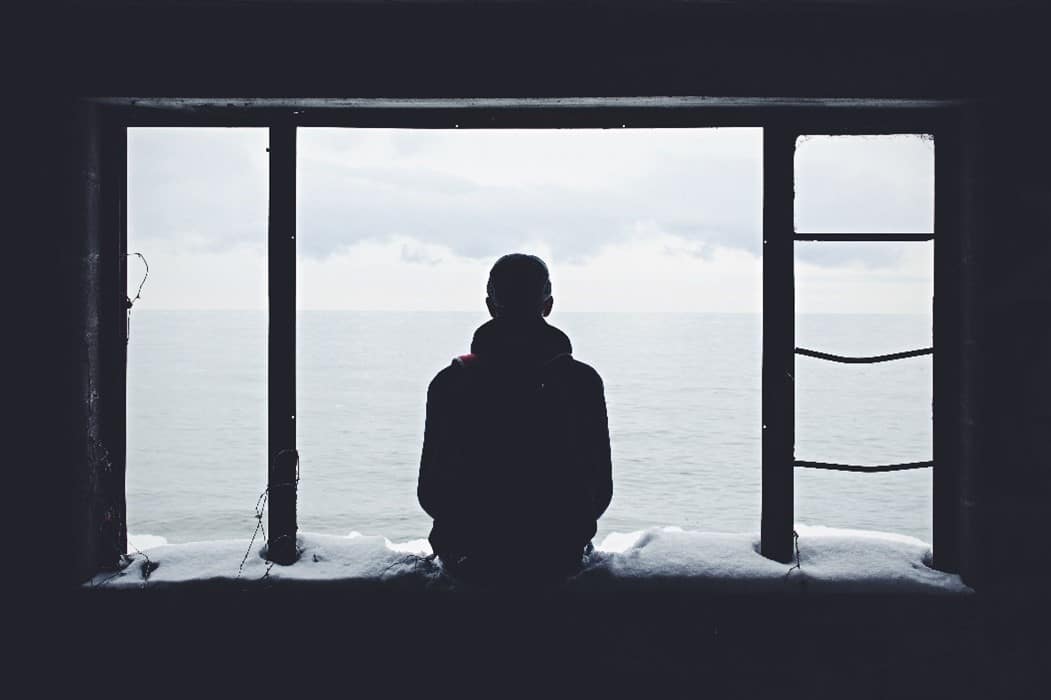 I’m no longer staring at the walls by myself or chatting about the weather with the delivery person — I’m having deep, meaningful discussions about things that matter to me!
I’m no longer staring at the walls by myself or chatting about the weather with the delivery person — I’m having deep, meaningful discussions about things that matter to me!
No matter what you like, sharing your passion with someone like-minded can help ease the loneliness. By their very nature, some hobbies — like writing, photography, and painting — attract other introverts, which makes it easier to bond.
2. Get a change of scenery.
The quiet space of your home can feel oppressive after a while, especially if you have to be indoors all day. Going out to cafés and coworking spaces helped me get a change of scenery. No matter where you go, the idea is to be around the hustle-and-bustle of everyday life. It was soothing for me, a shy introvert, especially since I was not being forced to interact with anyone and could just observe (which is what I do best!).
You can also go visit other places to self-soothe, depending on what you’re in the mood for. For me, anytime I get overly stressed, I find it comforting to visit nurseries, gardens, or parks.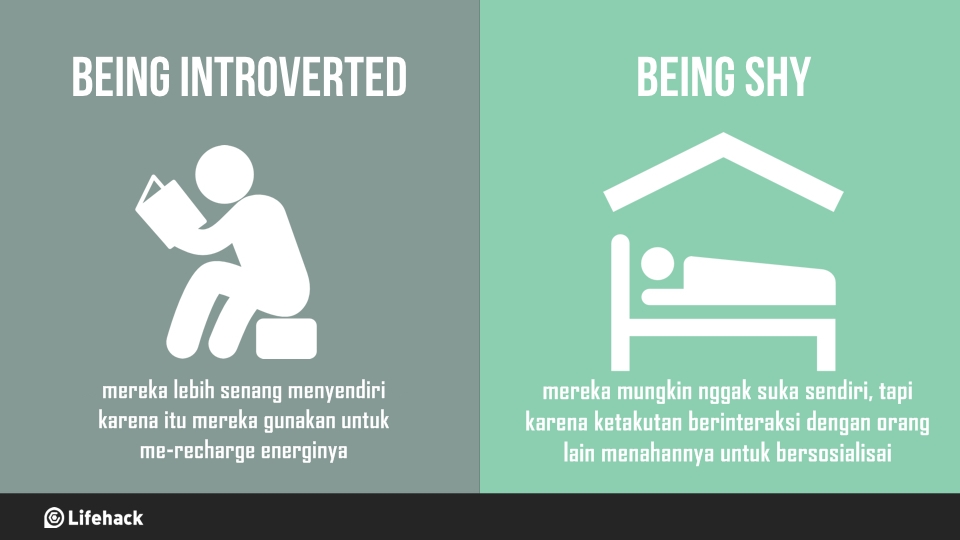 Being outdoors among nature helps calm my troubled mind.
Being outdoors among nature helps calm my troubled mind.
In fact, even if you are stuck inside now due to cold weather, you can invest in growing green spaces around you. Research has shown that tending to plants, trees, grass, and flowers can have a healing impact on people and help with anxiety and depression. Plus, spending time with plants gives us a sense of connection to something greater than ourselves, which helps ease loneliness. In addition, getting fresh air will help you breathe through these difficult days.
Getting a change of scenery out of the house helps, but if you are unable to leave, consider moving to a new location inside your home. You can work or relax in a different room or move furniture around to keep your environment fresh.
3. Focus on people who make you smile.
As an introvert, I prefer a small, intimate circle of friends, and battling loneliness showed me how important it was to stay connected to them. I’m sure you can relate: These people cheer you up when you’re down and cheer for you when you can’t do it for yourself! It could be family, colleagues, or a small, select group of friends. They “get” you, love you unconditionally, and do not judge or shame you for being you.
They “get” you, love you unconditionally, and do not judge or shame you for being you.
One of the best things I did was to reach out to my inner circle for support. Communicating my dark thoughts was challenging, but I am so glad I did it. So tell your circle when you are struggling and need their support. Sharing can help you feel that you are not alone, whether it’s via text, on the phone/video chat, or in person.
4. Get a pet or borrow a friend’s.
I swear by this one: Pets are great stress busters. Studies show that adopting a pet can decrease your blood pressure, increase opportunities for socializing, and give us unconditional love and companionship.
Adopting a pet not only gave me someone to speak to, and share space with, it also changed my mental focus. I was no longer stressing about my troubles since I was now responsible for someone else.
While getting a pet is great for introverts, you should make sure to choose the right pet for your lifestyle and responsibilities.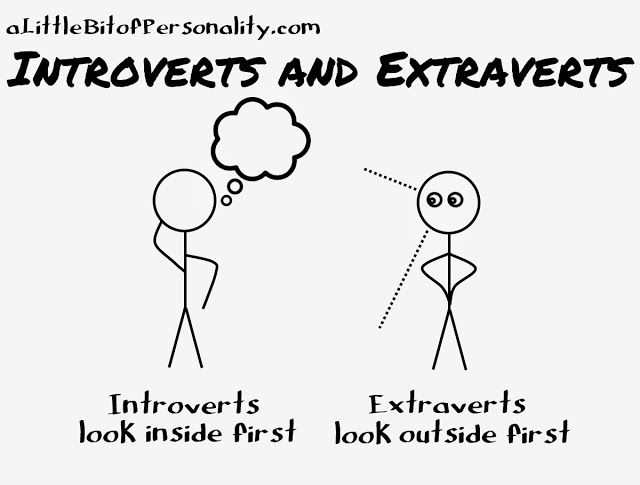 If you are not able to own a pet long-term, look at fostering animals from a rescue group or shelter — or volunteer to walk a friend’s dog (which is a pet + nature in one).
If you are not able to own a pet long-term, look at fostering animals from a rescue group or shelter — or volunteer to walk a friend’s dog (which is a pet + nature in one).
Join the introvert revolution. Subscribe to our newsletter and you’ll get one email, every Friday, of our best articles. Subscribe here.
5. Exercise, whether it’s taking a walk or going to a dance class.
Science has proven that exercise can have long-lasting effects on both physical and mental health. And one of the most effective ways to fight your lonely feelings is to enlist the help of a friend. Maybe join them for a long walk or a quick run around the block and hold each other accountable to do so a certain number of times per week.
This past year, I forced myself to go walk by myself for 30 minutes a day. Getting out of the house helped me feel better by taking me out of my head.
Another thing you can do is group classes for activities you have always wanted to try.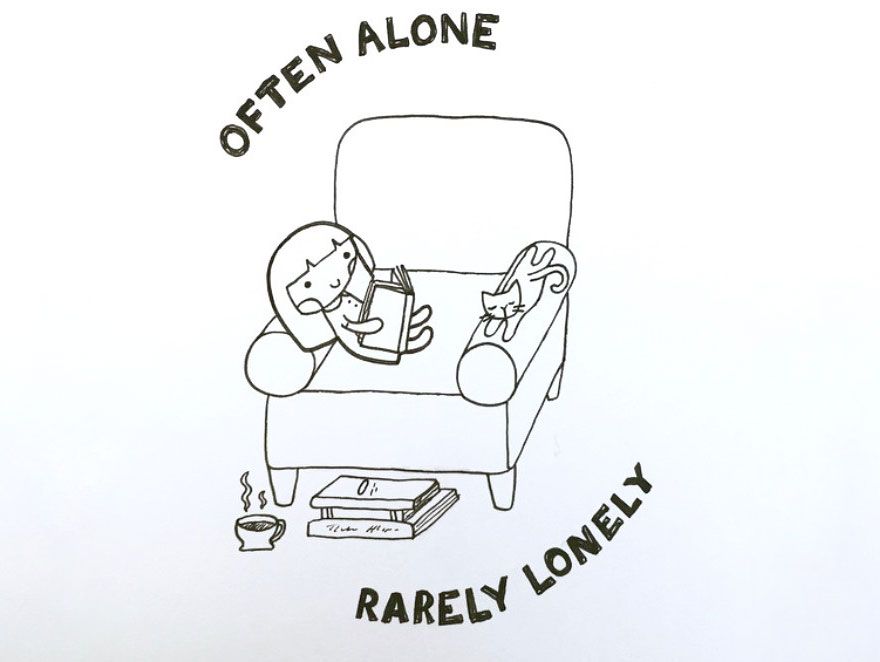 I started doing yoga at my community center. As a shy introvert, I find it difficult to start conversations with strangers. But being among others in the class helped make me feel like a part of something bigger.
I started doing yoga at my community center. As a shy introvert, I find it difficult to start conversations with strangers. But being among others in the class helped make me feel like a part of something bigger.
6. Actively engage with others.
Often, we think we are engaging with others, yet it’s passive engagement — sending emails or commenting on or liking their social media posts.
Yet social connection is the best antidote to loneliness, but it must be through active engagement, like calling someone or meeting for coffee.
When I was feeling lonely, I actively engaged with new people by sending out feelers in my neighborhood’s online group for a sport I enjoy, badminton. Catching up with new acquaintances over a game has now become a weekly fixture in my life.
As an introvert, I hate small talk — so the game prevented that and became a lifesaver. I could speak to people without too much awkwardness (when in doubt, we would discuss game strategies!).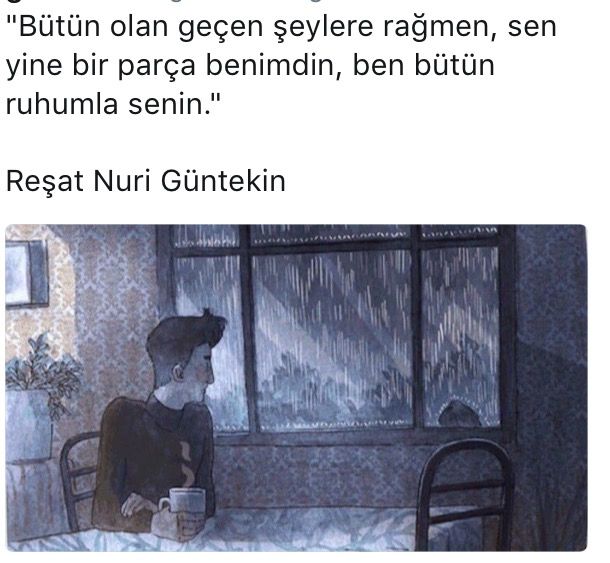 Over time, it has resulted in new friends, and at the same time, pushed me to exercise more (which also helped, see point #5).
Over time, it has resulted in new friends, and at the same time, pushed me to exercise more (which also helped, see point #5).
If you have to be indoors, try online communities (like Introvert, Dear’s Facebook group). Join a film club or virtual coworking space. The good thing about online meetings like these is you get to decide how much time you want to put in. This can be a fun way to meet new people and share ideas.
Another way to engage actively is to volunteer via digital platforms. Here, you can offer your time and skills and be part of a cause, which can boost your sense of social connection and purpose.
7. Reach out and ask for help.
Sometimes, no matter what we do, our sense of isolation is unbearable. When this is the case, it is important to reach out and ask for help. Yes, it’s hard for some of us introverts to ask for help, but sometimes we must!
If you choose to see a therapist, luckily, it does not have to be in person — these days, you can speak to a professional in many ways.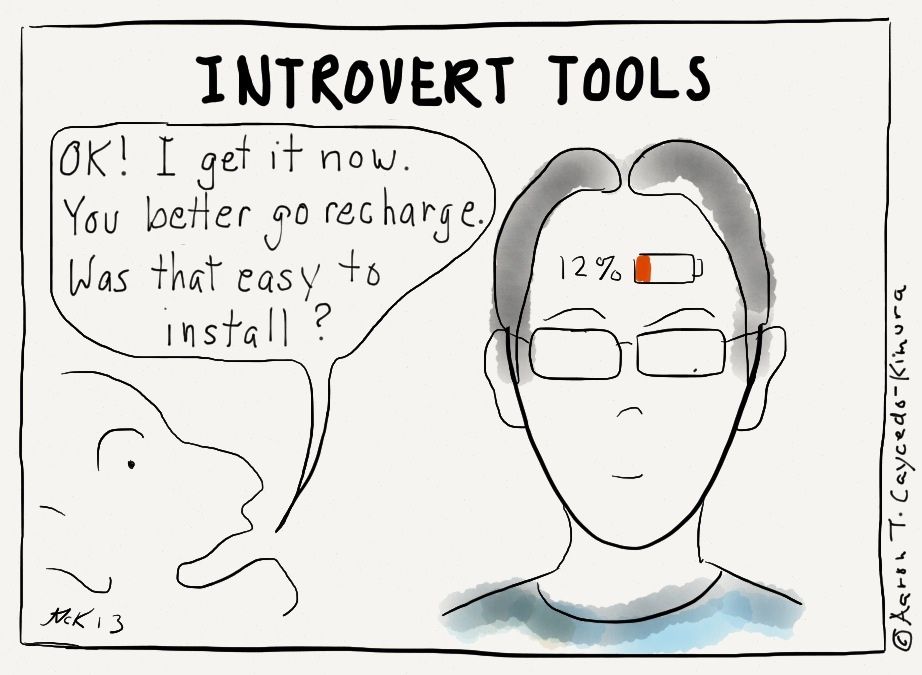 BetterHelp is one example of an online therapy platform where you can get help via calls, video meetings, chats, or email.
BetterHelp is one example of an online therapy platform where you can get help via calls, video meetings, chats, or email.
An outside source can help you understand why you are feeling lonely and isolated, and help you identify triggers so you can address the issues at a deeper level.
Introverts, what tips would you add to the list? Feel free to share them in the comments below.
You might like:
- Why Being Lonely as an Introvert Looks Different
- Even Introverts Get Lonely. Here’s How to Deal With It.
- I’m Not Lonely, I Just Like Being Alone: Life as a Single Introvert
This article contains affiliate links. We only recommend products we truly believe in.
Even Introverts Get Lonely. Here’s How to Deal With It.
Introverts don’t have to be lonely. We just have to be very deliberate about who we spend our time with.
After nearly three months in lockdown due to a global pandemic, my ideas about loneliness have changed, to say the least.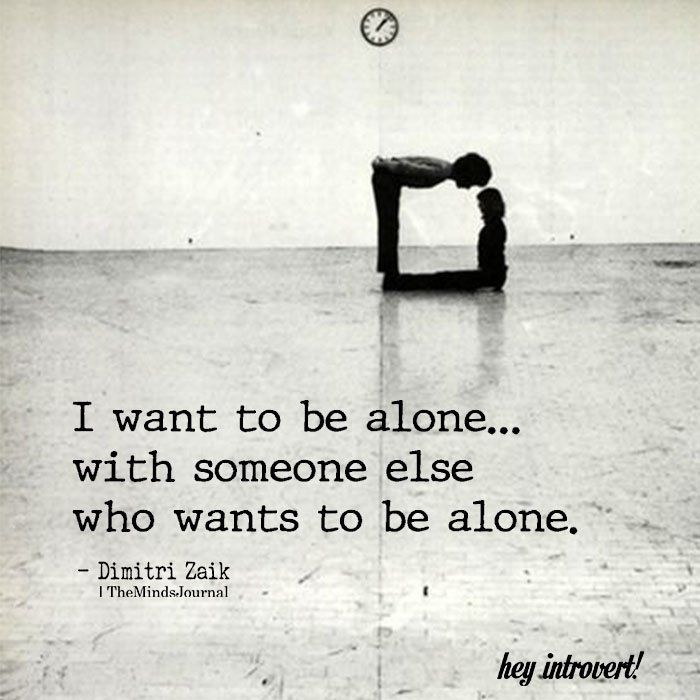 Needing alone time is such a huge aspect of the lives of introverts like me. Our need to constantly recharge can make many of us susceptible to loneliness, and it can take more persistence and creativity to connect with the people we love. Our specific needs for connection can seem excessive, and may result in feeling disconnected from those around us.
Needing alone time is such a huge aspect of the lives of introverts like me. Our need to constantly recharge can make many of us susceptible to loneliness, and it can take more persistence and creativity to connect with the people we love. Our specific needs for connection can seem excessive, and may result in feeling disconnected from those around us.
However, just to be clear, loneliness and being alone are two different things. Here’s what they mean:
Loneliness — depressed or sad because of the lack of friends or companionship
Being alone — separate, apart, or isolated from others
In other words, loneliness is a sad, painful state, but healthy solitude recharges an introvert. Nevertheless, introverts can still get lonely, even though they enjoy spending time alone.
‘Simply Being Around People Made It Worse’
Recently, I spoke to a friend, who is also an introvert. We talked about loneliness, and she had this to say:
“I was convinced for a long time that I would always be lonely.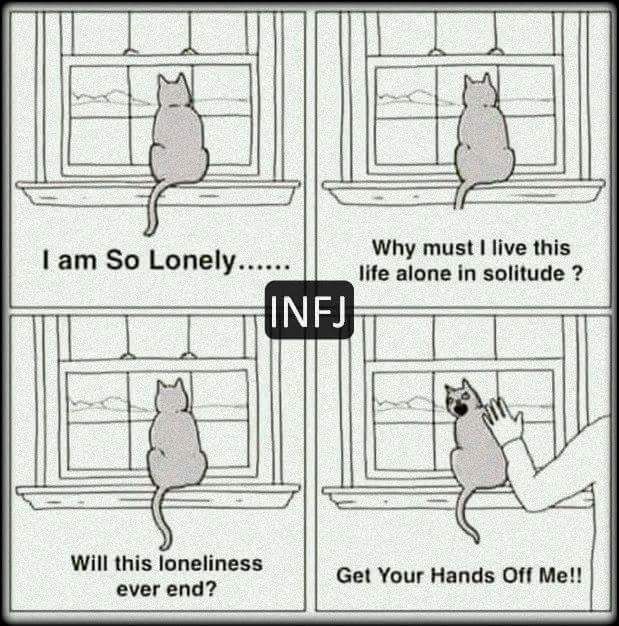 I’m not just talking about romantically; I’m talking about having no deep connections with people. I thought it was just the norm. Going out or calling a friend when I felt down stopped making sense to me. As an introvert, it has been difficult to connect with people my whole life, so I figured I would just end up lonely. Simply being around people never made me feel less lonely, in fact, it made it worse at times.”
I’m not just talking about romantically; I’m talking about having no deep connections with people. I thought it was just the norm. Going out or calling a friend when I felt down stopped making sense to me. As an introvert, it has been difficult to connect with people my whole life, so I figured I would just end up lonely. Simply being around people never made me feel less lonely, in fact, it made it worse at times.”
I fully understood everything she was saying. Many introverts have felt such disconnection due to the way society views us, but it took me forever to realize that this was a state of mind, not a permanent state of being. It was a relief to discover this idea because I thought it was the other way around. Furthermore, I realized that feelings of loneliness can be steeped in a lot of shame.
So how can introverts deal with loneliness, if they experience it? Here’s what I’ve learned.
Not Forever Lonely
Introverts don’t have to be lonely, we just have to be very deliberate about who we spend our time with.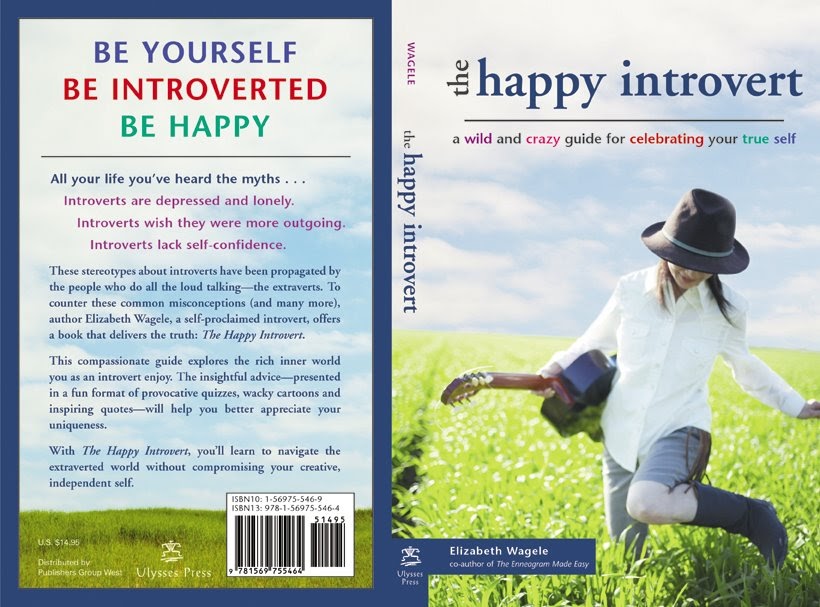 It’s important that we stand up for ourselves when it comes to setting boundaries in social situations. It’s important for us to recharge, and we also have to stop feeling guilty for that. Being extroverted is the “norm,” so we may put all this unnecessary pressure on ourselves to be something we’re not.
It’s important that we stand up for ourselves when it comes to setting boundaries in social situations. It’s important for us to recharge, and we also have to stop feeling guilty for that. Being extroverted is the “norm,” so we may put all this unnecessary pressure on ourselves to be something we’re not.
Many of us have never been able to establish these standards for ourselves for various reasons. We make the assumption that we’re just weird or “off,” and prescribe ourselves to forever being lonely. Again, letting go of these ideas means letting go of shame.
As my friend and I were able to reflect, we came up with a few ideas to help all introverts find solutions to this dilemma. We are not health professionals, but this is what has worked for us:
1. Let go of shame.
For the third time, I repeat, LET GO OF SHAME. This is the most important step. Do not feel ashamed of who you are or what your needs are as an introvert. Otherwise the next few steps won’t matter.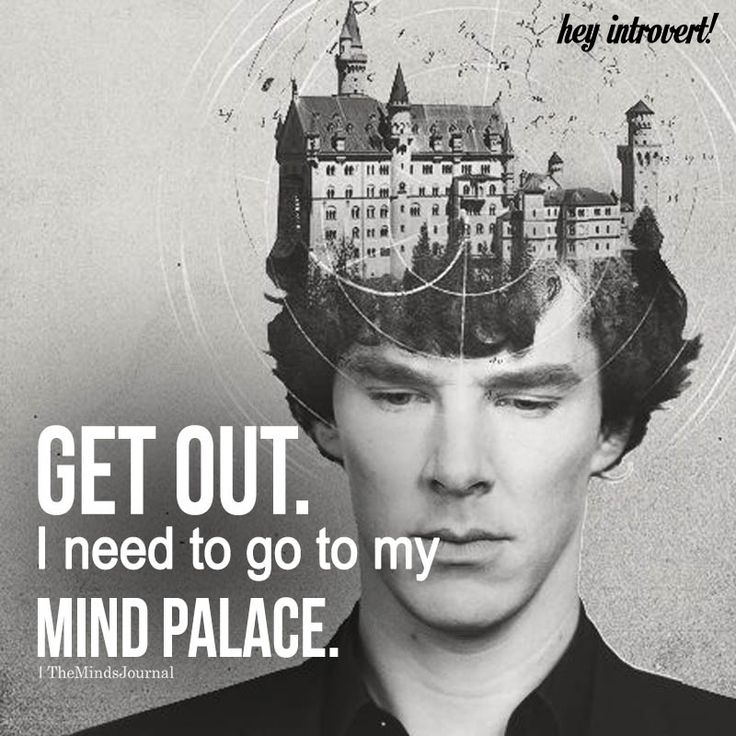
2. Find unique ways to communicate with the people you care about.
Even introverts need some level of meaningful social interaction to be happy, so find what works for you. Personally, I write letters to people from time to time. I’m not a fan of talking on the phone, but I still want to keep in contact with the people I care about, so I write a letter by hand or communicate via email.
As an introvert, being in group settings is not my strong suit, and I prefer to communicate one on one. Really, it can be anything, but considering handwritten letters are a thing of the past, I find it to be a unique and special way to connect with the people I love.
3. Make a change.
If loneliness starts to feel devastating, it’s time to make a change. It’s one thing to need alone time for the sake of your introversion, but it’s another thing to feel depressed because you are lonely. When that happens, switch it up. You don’t deserve to feel lonely, and that is not your fate.
You should always seek a mental health professional if these feelings become unmanageable. If such help is not immediately available to you, here are a few more options:
- Be active on social media. You can do this immediately. The introvert community, such as the Introvert, Dear Facebook group, is a great space. The community is growing every day, and they are always discussing the challenges and triumphs of introverts, including loneliness and their respective experiences. Just be careful not to overdo it when it comes to social media, and look for positive spaces, because as we all know, social media is a divisive place right now. There’s also some evidence that excessive social media use increases depression.
- Help others by volunteering. By volunteering, you are taking attention off yourself and your negative feelings. You can volunteer virtually right now from your home. Helping others with their struggles or mentoring can give you a sense of purpose and companionship that can counter loneliness.
 Here is a great resource from Operation Warm that directs you to all the ways you can volunteer from home. These options include virtual tutoring, helping veterans with career prep, and reaching out to the elderly, just to name a few. Check it out! I repeat, you do not have to feel lonely.
Here is a great resource from Operation Warm that directs you to all the ways you can volunteer from home. These options include virtual tutoring, helping veterans with career prep, and reaching out to the elderly, just to name a few. Check it out! I repeat, you do not have to feel lonely. - Reach out to a friend in a small way. You don’t have to set up a big outing or even a Zoom call — if you’re an introvert, that may require more social energy than you feel like mustering! When you’re lonely, sending a few simple texts to a good friend can help you feel less alone, and it doesn’t take a lot of energy to do so.
4. Be clear about what you want from your friends.
This may be one of the toughest steps because it requires clear communication. The clearer you are with people about your needs, the more successful your relationships will be. As an introvert, your alone time is necessary, so setting those boundaries is non-negotiable. My friend expressed that this has always been a challenge for her, especially now in quarantine, but she offered these suggestions:
- If you are currently living in quarantine with people who are extroverts, negotiate a period of the day when you are not to be bothered, or left alone without interruption.
 You can also wake up early or stay up late when everyone else is sleeping so you have alone time at some point throughout the day. When you get alone time, you’ll have more energy to interact with friends on a regular basis, which can combat loneliness.
You can also wake up early or stay up late when everyone else is sleeping so you have alone time at some point throughout the day. When you get alone time, you’ll have more energy to interact with friends on a regular basis, which can combat loneliness. - As everything reopens, your friends will want to go out. If you end up in social situations with friends, tell them when you want to leave, how much time you want to spend out, and make no apologies about leaving. You know your limits, and those need to be made clear.
This is not explaining yourself to people, it’s finding a way to be as clear as possible with those you care about. This can alleviate stress and help those you love understand your needs and actions. The more understanding, the less you will feel lonely — and better able to sustain the relationships you need to thrive.
Join the introvert revolution. Subscribe to our newsletter and you’ll get one email, every Friday, of our best articles.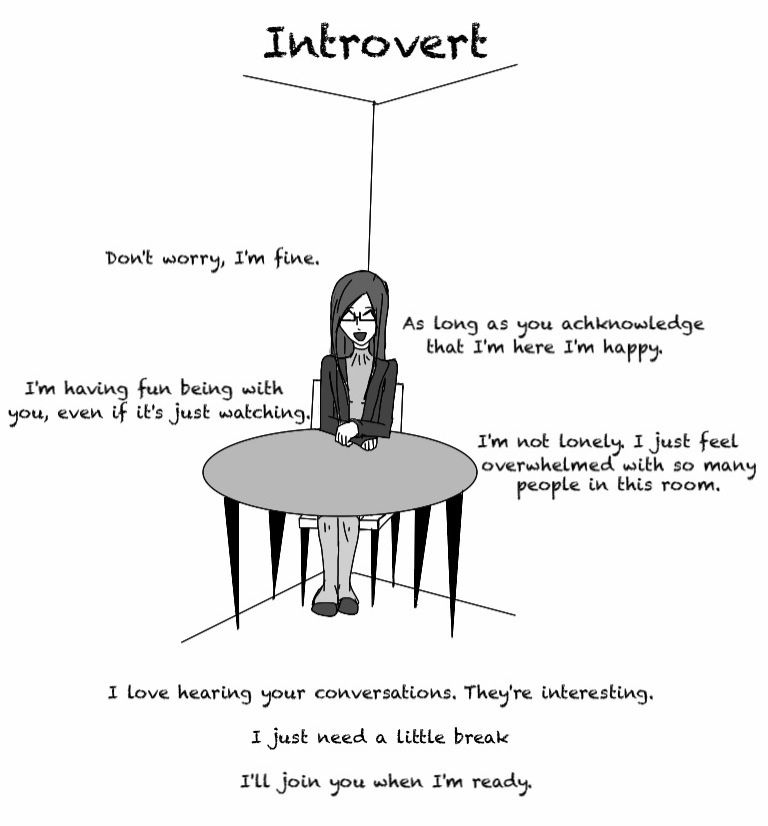 Subscribe here.
Subscribe here.
5. Give yourself grace.
Finding the balance between needing alone time and loneliness can be a struggle for introverts, but it’s important to give yourself grace when things don’t turn out the way you intended — especially if you are just discovering your introversion. Finding this balance may be new, along with setting the necessary boundaries. You may fail at maintaining the balance and friends and family may not react the way you hope, but give yourself grace and try again.
6. Never be afraid to go out alone.
During times of loneliness, going out and enjoying yourself is important. Being out of the house can do wonders, as it can boost your mood and energy. Go to a park or for a walk around your neighborhood to stay active. When the pandemic passes, see movies in theaters on your own or dine out — there’s no shame in being alone in public. Not cutting yourself short of experiences and things you want to do, as well as gaining new experiences can create a sense of belonging and confidence.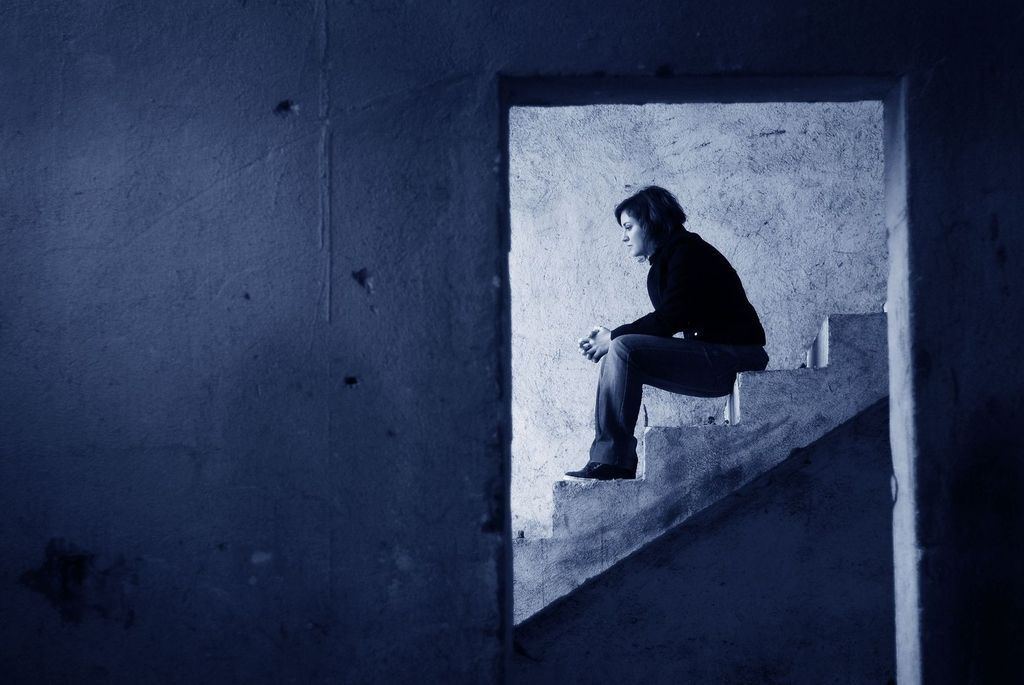 I would rather go out alone and create a memory by myself than miss out on the things I want to do.
I would rather go out alone and create a memory by myself than miss out on the things I want to do.
This can all be quite scary and feel unnatural, but even for introverts, it’s important to feel connected. It is worth it. Give yourself grace because everything may not fall into place overnight, and it takes time to build relationships that are strong and last a long time.
And if you’d like to add more people to your inner circle, here are some tips to make more high-quality friendships.
The most important thing to understand is that you do not deserve to be lonely.
You might like:
- Why Every Introvert Should Get Comfortable Going Out Alone
- The Introvert’s Complete Guide to Making Friends Who ‘Get’ You
- How Introverts Can Make More High-Quality Friendships
Do introverts feel lonely: delusions and facts
Introverts are “people in themselves”, who, by generally accepted standards, are closed, unsociable and prefer loneliness to any company.
Today we will find out if this is the case and share with you the opinions and stories of male and female Quora users. They are all introverts, and each of them has something to say.
I am an introvert. And it doesn't mean at all that I hate people
No, it doesn't mean at all that I hate people. I just don't like being around them.
I'm not the type of introvert who gets nervous around people, especially strangers. Even if I suddenly start to get a little nervous, I can still communicate quite freely. If a person is an introvert, this does not mean at all that he is shy.
- Personally, I hate so-called small talk, which is really stupid chatter and a waste of time.
- Often I have to explain to people that if I am silent, it does not mean at all that I am bored, offended or angry. Maybe I'm just fighting my inner dragon.
- Contrary to popular belief, not all introverts are quiet and silent.
 I can talk for hours about what interests me.
I can talk for hours about what interests me. - But I still love silence, yes.
I have a lot more to say on this topic, but I don't think it will apply exclusively to introverts. Who knows, maybe I'm just a narcissistic person and I think that my thoughts are much more interesting than what others say.
And now to the main question: do I feel lonely?
Yes. And, surprisingly, I feel lonely when I am surrounded by people.
When I am alone, I rarely get bored, I can always find something to do. Yes, of course, sometimes, like all people, I feel sad. But not because I am alone, a tearful song, and thoughts about my failures, even the situation in my country can drive me into such a state. But in such cases, I do not feel alone.
But when there are a lot of people around me and I don't feel like I belong to them, that's when I get lonely.
For example, I can sit next to my best friend and not talk to him for several hours, without both of us feeling alone.
But I can be at a party with 10, 20 or even 40 people. I can talk to them, listen to them and laugh with them, but after a while I realize that this is all just a superficial game.
That's when I want to howl from loneliness.
I'm tired of making excuses because I like being alone
What is it like, you ask? So, I often feel guilty. I have to apologize to others for not wanting to spend time with them. I'm tired of trying to convince others that there's nothing wrong with being introverted - that's fine. I am an introvert and feel good. I'm tired of making excuses because I just like being alone.
I've been thinking about this a lot, especially in the last year and a half. Introverts have an unnecessarily bad reputation for reasons I don't quite understand. I want to dispel some misconceptions. Of course, only my thoughts will go further, with which you may or may not agree.
Misconception 1. Introversion is just a pretty word people use to hide their lack of social skills
This is one of the most common misconceptions about introverts.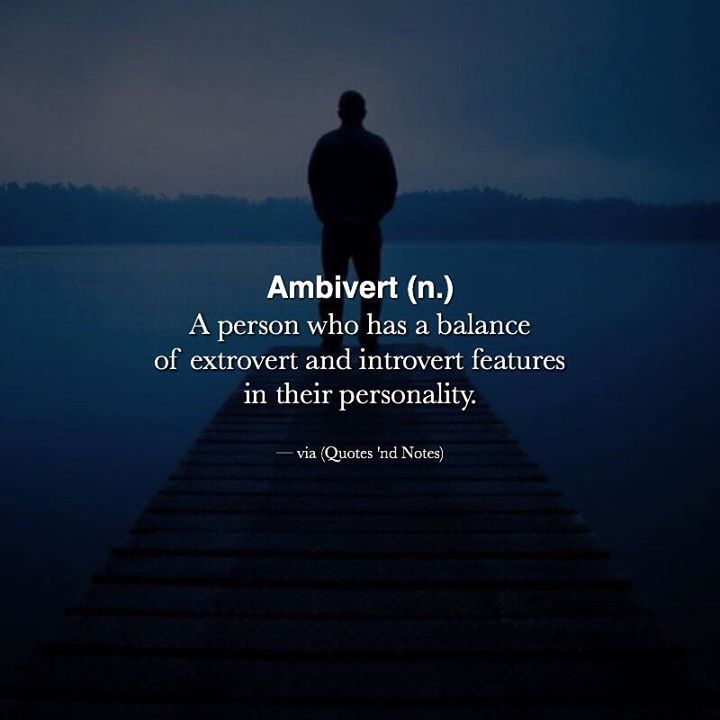 We are thought of as social outcasts. When we were children, we were taught that we should make friends with other children and play with them in the sandbox. If we did not want to do this, everyone, even our parents, began to doubt our normality.
We are thought of as social outcasts. When we were children, we were taught that we should make friends with other children and play with them in the sandbox. If we did not want to do this, everyone, even our parents, began to doubt our normality.
In fact, most introverts are quite sociable, they know how to behave well in society, and yes, they also have friends. They just don't like wasting time on useless conversations and don't want to spend Friday nights at a bar sipping whiskey and cola with complete strangers.
Misconception 2. Introverts are quiet and do not like to talk
False again. I love to talk. I read and think a lot. I am interested in sharing my thoughts with others and getting their opinion.
But I don't like speaking in front of a crowd of strangers. I don't like to talk over loud music in a bar and see that my words to others are empty words. I don't like having conversations for the sake of talking, I don't like looking for words just to say something.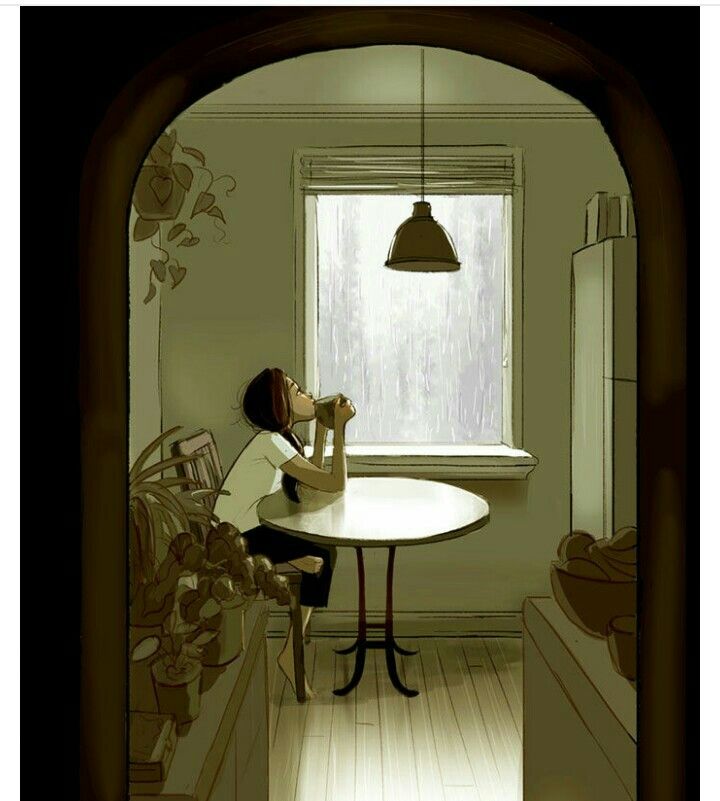
But I like to talk about things that are important to me. I like to discuss with people what they really care about. And if we find common topics for conversation, then I'm generally ready to talk for hours.
Misconception 3. Introverts always prefer to spend time alone rather than with someone
This is also not always true. Some of my best memories are traveling with friends and working on a project with a team.
As I said above, I can easily find a common language with other people. But as an introvert, I need balance in everything: the hours spent with others must be balanced by the hours I spend in silence and solitude. For me, this is a kind of reboot, so I rest and collect my thoughts.
Misconception 4. Introverts are not leaders
We are used to seeing exceptionally charismatic leaders and believe that in order to lead people, you must be an extrovert.
But let's think carefully. Albert Einstein was an introvert. Bill Gates and Warren Buffett are also introverts. And many other outstanding people were and will be introverts.
And many other outstanding people were and will be introverts.
People become leaders not only because of their personal qualities, but also because of their knowledge and abilities. Introverts tend to devote a lot of time to what they love, which is why they make the greatest discoveries and create the largest corporations.
Misconception 5. There are few introverts
According to various studies, more than half of people around the world consider themselves introverts.
As I mentioned above, there is such a stereotype in our society: to be an introvert means to be different from everyone else, a black sheep, practically an outcast. Because of this, many people never openly admit that they are introverts.
Instead of a conclusion
Being an introvert is not bad, it's not shameful, it's not abnormal. And for those who still doubt this, I suggest watching this video.
People are different: some people constantly need communication, while others prefer solitude.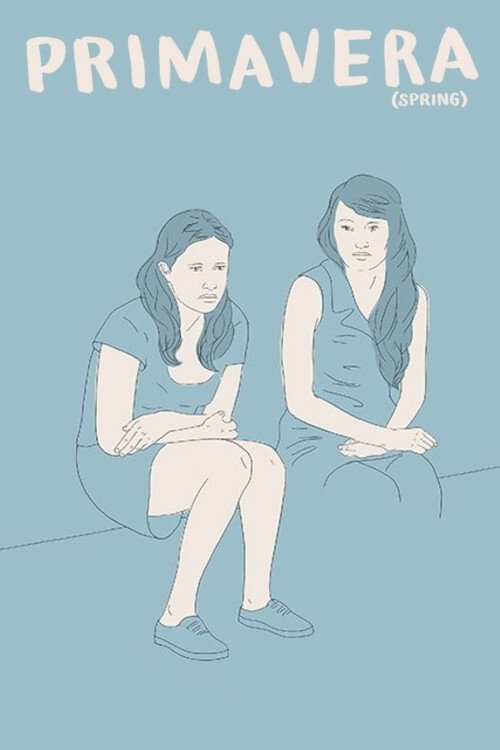 It's just a fact to be accepted.
It's just a fact to be accepted.
Introverts don't like empty talk: I can't pretend to be interested in a topic I don't care about
If people find out that you're an introvert, then for some reason they immediately begin to consider you arrogant, rude and secretive. You are less likely to be invited to parties and other such gatherings. If you get married, then your acquaintances will joke about "how this closed dude even decided to meet her."
But here's what I want to tell you as an introvert:
- Introverts tend to be willing to talk about topics they like. I am happy to talk with others about cinema and sports, but fashion, for example, is not of interest to me at all. I can't feign interest in a topic that I don't really care about.
- Introverts are not boorish or hermits. We just need our personal space. We need time that we can spend exclusively on ourselves, it is important for us to be alone with our thoughts. And we hate it when someone tries to deprive us of this.
 Respect the personal space of introverts, their right to be themselves, and, trust me, they will become your most reliable comrades.
Respect the personal space of introverts, their right to be themselves, and, trust me, they will become your most reliable comrades. - Yes, many introverts may not be the best storytellers, but they are great listeners. My friends know that I will not be a good party companion, but they always remember that I am ready to listen to them if they need it.
Do introverts feel lonely?
Yes, I felt lonely a hundred times: when I wasn't invited to parties, when I had to go to the movies alone, when all my friends had girlfriends and I didn't. I felt lonely when I moved to a new city where I didn't know anyone and didn't even have anyone to talk to.
But I have learned to live with my loneliness. I looked at life differently. I was not subject to the herd instinct: I watched those films and read those books that I really wanted to see and read, and not because they were fashionable and everyone around was talking about them. I thought a lot and, by the way, thanks to this I began to write.
Introverts are ordinary people. They just need personal space, and they prefer to talk only on topics that interest them. And there is nothing wrong with the fact that they like to be alone.
I don't want to socialize
All the best ideas come to me when I'm alone. I work more productively on any project alone.
I rarely start a conversation first. But if someone starts talking to me, I always keep the conversation going. Remember that introverts are not aliens and they won't run away as soon as they hear the sound of your voice.
I don't want to communicate. I like to be busy in large projects, but at the same time carry out the task alone. If I still have to be in the circle of a large group of people, then the next day I try to protect myself from communication and be alone. I need such a “day off from people” even after I go to the cinema with my friends. I'm on my own and I'm not bored or lonely.
One day at university I was talking to a classmate about clubs.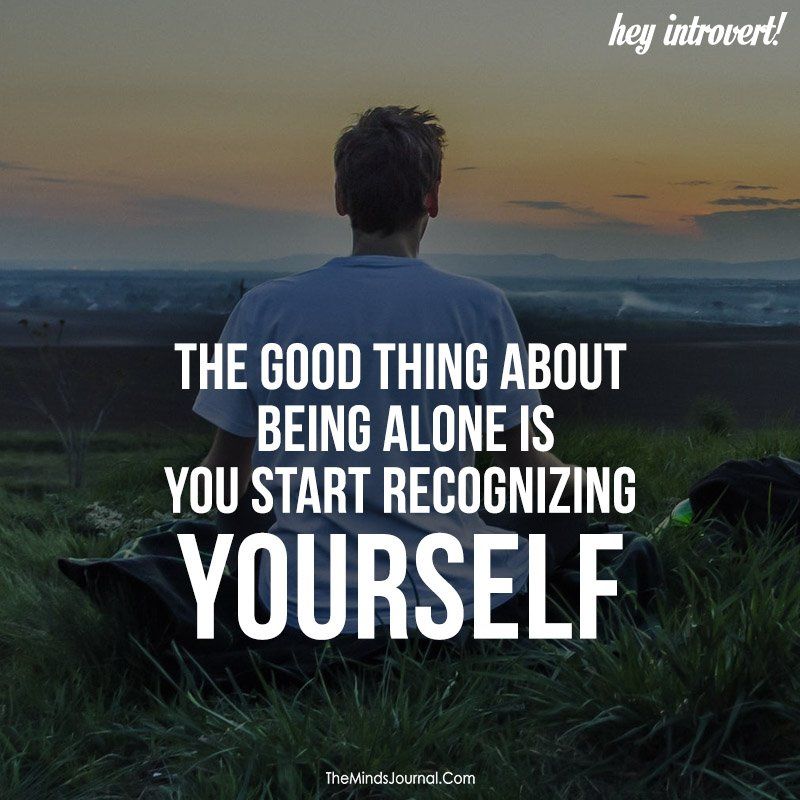 I said that I found it boring and tiring, to which he replied: "Well, it's still better than staring at the ceiling at home all evening." I remember being taken aback by his answer. I thought, are these people really that unimaginative? After all, there are so many things in the world that you can learn, what you can learn about! Instead, they spend their time in clubs, not because they're all big party people, but because it's customary, it's considered cool. Oh yeah, and that eternal "everyone does it."
I said that I found it boring and tiring, to which he replied: "Well, it's still better than staring at the ceiling at home all evening." I remember being taken aback by his answer. I thought, are these people really that unimaginative? After all, there are so many things in the world that you can learn, what you can learn about! Instead, they spend their time in clubs, not because they're all big party people, but because it's customary, it's considered cool. Oh yeah, and that eternal "everyone does it."
There are no superfluous and random people in my life
Many people like to talk about the disadvantages of introversion, but I want to talk about the advantages.
- I don't get bored when I'm alone.
- I don't like formal short conversations. If I am talking to a person, then this is a real fruitful dialogue.
- I have my own opinion. And I never worry about the fact that it may not coincide with the opinion of the majority.
- There are no superfluous and random people in my life.
 If I have friends, they are real friends.
If I have friends, they are real friends.
Introverts suffocate in the company of people where everyone thinks the same way
I am an introvert, and I really like to be alone if I have a business to which I can devote myself completely. But I would hardly have been able to stand without communication for more than three days. I believe that we all need someone to talk to, even introverts.
Most introverts have their own special outlook on life, they have their own opinion, which they are ready to defend. They do not like the typical views that prevail in most mini-communities.
Imagine: you are talking to a person who smells of high-quality and pleasant-smelling perfume. Of course, you like to have a conversation with such a person. Let's say you are in a company where several people use the same perfume. It may annoy you, but it's generally tolerable.
Now imagine that you are in a room where 50 people use the same perfume. Naturally, the aroma will be suffocating, and all you want to do is immediately run out into the fresh air.
Sometimes introverts also suffocate in the company of people where everyone thinks the same way. They prefer to communicate with individuals rather than with the crowd.
Also, I believe that introverts focus on quality, not quantity. Sometimes when I'm in a room full of people talking about the weather or gossip, I feel like I'm in an empty room - just as lonely.
I can keep myself in good company
I am an introvert, but I am sure that if I tell one of my friends about this, they are unlikely to believe me. I have friends with whom I often communicate and go out somewhere. However, I consider myself an introvert.
I like doing things by myself. I never seek someone else's approval, and I am very sad when I notice that most of those around me behave like children: they are waiting for an adult to come and tell them what is good and what is bad, what is possible and what is not.
Do I feel lonely? Yes sometimes. But not as often as my extrovert friends: they are driven into a real panic by the thought that they will have to go somewhere alone, while I can quite easily go to the cinema or theater alone and even go on a trip alone .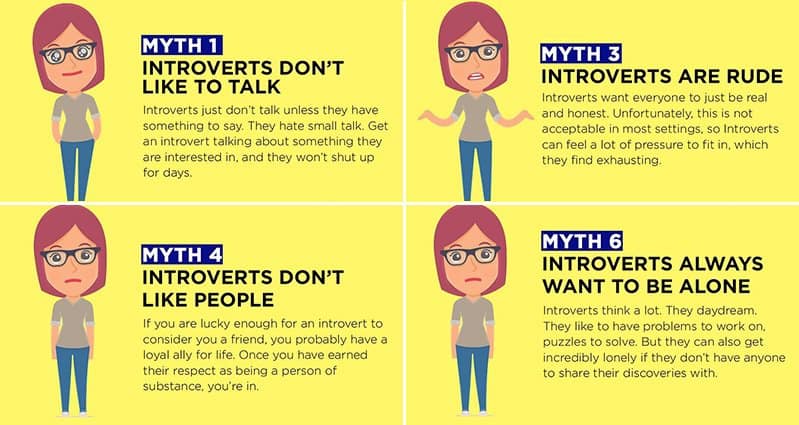
I love being in the company of other people, but I always remember that I can keep myself in good company.
Introversion is an enemy and friend
My introversion is my worst enemy when I am around people and my best friend when I am alone.
My father often changed jobs and we had to move to different cities. I changed many schools, and in each of them I immediately became a "weird unsociable girl."
I never had a great relationship with others, plus I was the only child in the family, and my parents were too busy with their careers, and they had no time for me.
I often had internal dialogues. From the outside, I looked like a quiet and lost puppy, but who would have known what kind of debates were going on in my head non-stop! I thought a lot, noticed a lot, I was an inquisitive and observant child.
In my free time I spent reading books, solving puzzles or just daydreaming. As I already mentioned, it was difficult for me to get along with my peers, as, however, it is still difficult.
But I do not regret anything - I accept myself as I am, and I can call myself a happy person.
Socializing is a test for me
I am an introvert and I can also describe myself as a shy person.
Speaking is like an exam for me
I'm always nervous. I go over and over in my head what I'm about to say. I always feel like I said the wrong thing. Sometimes I feel like I'm playing a role.
It often exhausts me, and all I want after such conversations is to go home and be alone.
I hate parties
Especially if there are a lot of people I don't know. I have no idea how to start a conversation with a stranger. And even if I decide to start, I can hardly support it.
It's hard for me to ask for something
I've always had a hard time asking for help, so I prefer to do things on my own. Why is there help - sometimes I'm embarrassed to even call my friends and invite them for a walk.
I like being alone
I often go to the cinema alone.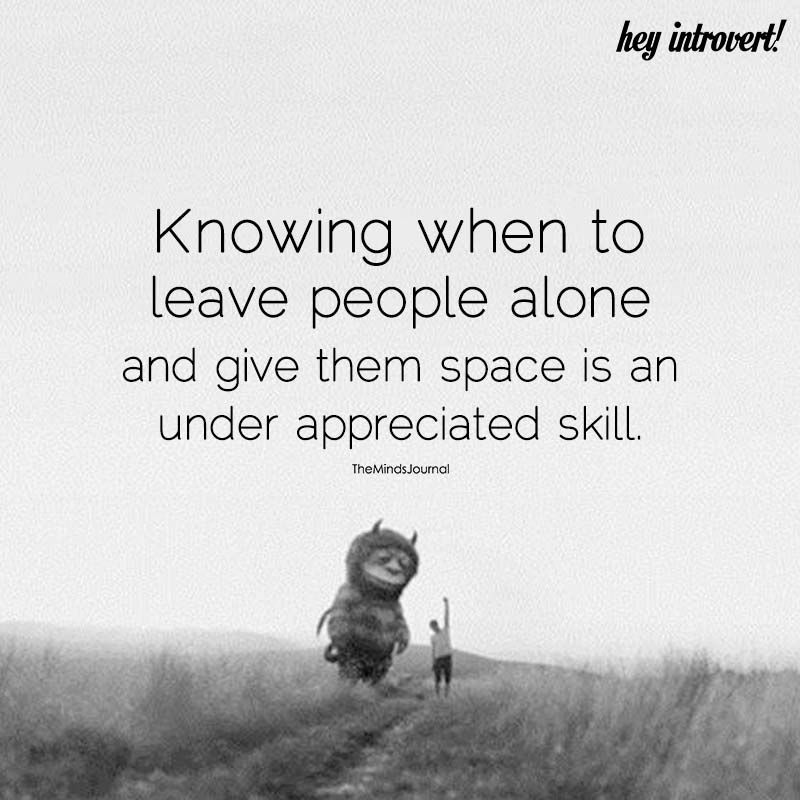 I like to sit alone in a cafe and read a book. When the weather is nice, I like to walk in the park and just people-watch.
I like to sit alone in a cafe and read a book. When the weather is nice, I like to walk in the park and just people-watch.
What do you think about this?
Why introverts love being alone: what the science says
Trending
My little sister is an introvert. Therefore, I know firsthand what they are. She just loves to spend time alone with herself in a room behind a closed door. So she can work more productively, study and just think better. This does not mean that my sister does not like to go out, hang out with friends or spend time with me. just for her loneliness has never been associated with discomfort. On the contrary, she loves him.
A funny situation, because I, the eldest, am a total extrovert. A person who can also remain alone, but feels comfort and joy to the fullest only in the company of relatives or friends. So I wondered why my introverted sister is so obsessed with being in the comfort zone, low-fi music and bright lights that fill her room.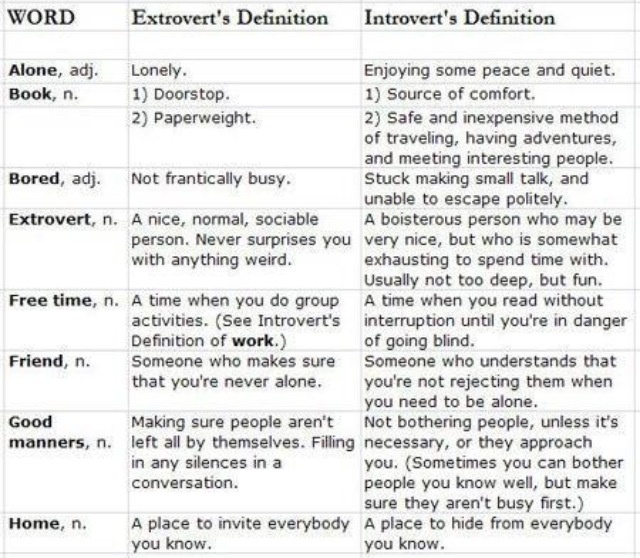
It turns out that science has already explained everything. And I will definitely share her answers with you 😉
What is an introvert?
We live in a world where there are still a lot of stereotypes, so it's worth explaining what kind of person can really be called that. An introvert is someone who is more comfortable living in his inner world than in the outside world. Do not think that introverts cannot make friends, spend time with them, or be sociable. Moreover: you may not even know that your friend or relative is the same introvert.
Susan Cain, author of "Silence: The Power of Introverts in a Chatting World," gave a startling statistic in her TED talk: one in two or three people around you can be an introvert. So yes, it’s not a fact that your friendly and smiling classmate is an extrovert. She just communicates, because this is what introverts can and can do. As are you.
Why do introverts get tired without being alone?
We all need to be alone with our thoughts sometimes just to relax.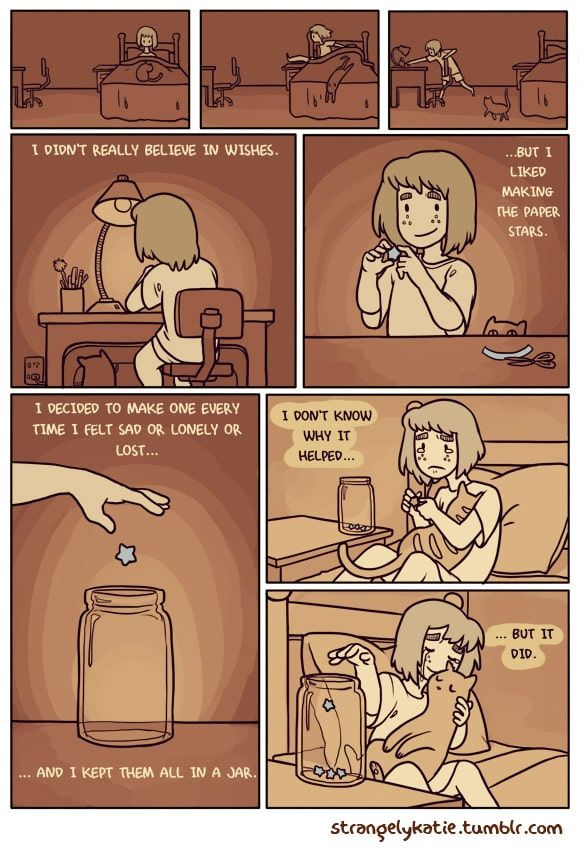 Even extroverts, because constant meetings, hangouts and communication can tire even the most active of them. For introverts, being alone is a natural need, just like sleep, food, money, and relationships. But scientists believe that introverts treat such "rewards" for their work a little differently.
Even extroverts, because constant meetings, hangouts and communication can tire even the most active of them. For introverts, being alone is a natural need, just like sleep, food, money, and relationships. But scientists believe that introverts treat such "rewards" for their work a little differently.
According to a number of studies, introverts find it more difficult to enjoy social interactions, they need to “recharge their batteries” after them, while extroverts charge them just from those very interactions. The “reward system” of our brain is responsible for the hormone dopamine, which works differently for different people. It turns out that introverts are no worse than extroverts - it’s just that the “comfort” of their brain is different.
Let's fix it: it turns out that for introverts, "reward" in a social and understandable sense does not work. They feel less charged, less inspired. Where an extrovert sees a sweet and fluffy cake, an introvert sees a burnt or greasy cupcake with melted cream.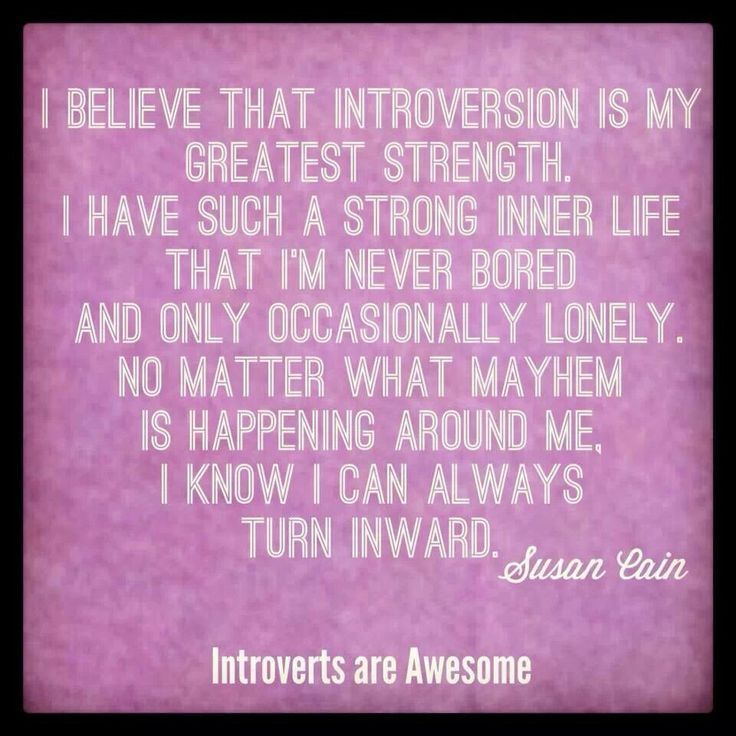
The effect of dopamine on introverts
I have already mentioned this hormone a little higher, and now I will dwell on it in more detail. Dopamine is the key to why an introvert will feel uncomfortable at a noisy party and prefer to watch a movie at home in a narrow circle. This hormone is in the brain of every person, and it is responsible for finding pleasure and our desire for them.
Moreover, dopamine gives us energy, thanks to which we get to pleasures without much fatigue (for example, chatting with girlfriends does not get tired so quickly).
Introverts have a lower dopamine threshold than other people. The low threshold of the hormone leads to the fact that introverts get tired faster from various stimuli - loud music, an abundance of light, voices, and so on. But this, again, is not a problem, because such a feature of your brain can be turned into a plus. It turns out that if you get tired of stimulation faster, then you perceive them faster. In a circle of friends or in a small company, an introvert will literally blossom: he gets “pleasure”, but is in no hurry to get tired. Profit!
Profit!
Loneliness does not make an introvert inferior
Of course, an introvert, like any person, can also feel lonely or abandoned, but this feeling does not arise in him more often than in an extrovert. But to “treat” an introvert from his desire to be alone is not worth it. Because it is not a disease, not a deviation, and not a problem.
Unfortunately, not everyone in society accepts this trait of introversion, which is why misunderstandings arise. The same Susan Cain in the book "Silence" writes that now "introversion - along with its kindred sensitivity, seriousness and shyness - has become a second-class personality trait, something between disappointment and pathology."
Isn't that sad, you say?
And there is absolutely no point in being sad for an introvert. Fortune has compiled some compelling evidence that introverts can be as strong leaders as extroverts, as they tend to listen to their peers, think through potential challenges ahead of time, and make better decisions under exceptional circumstances.